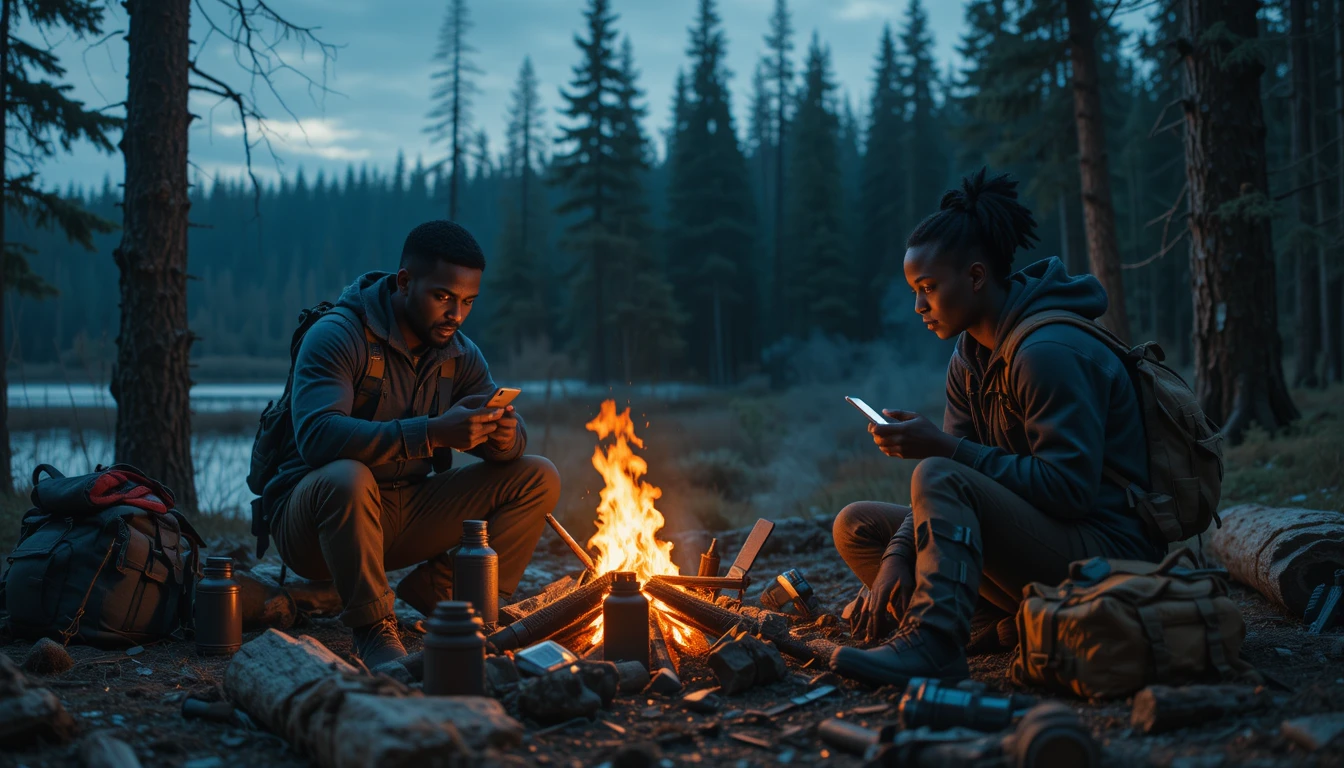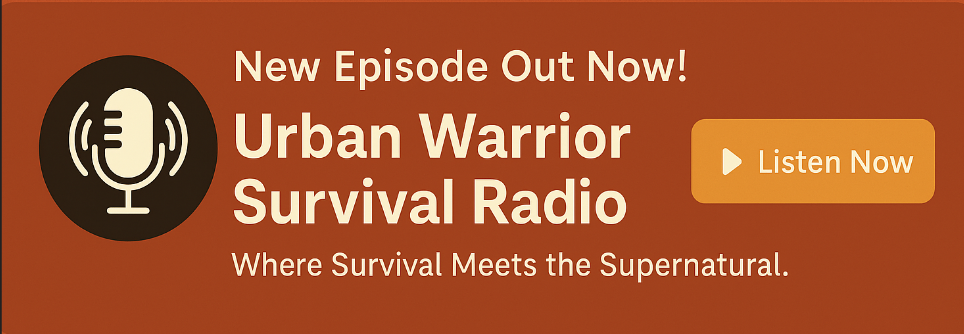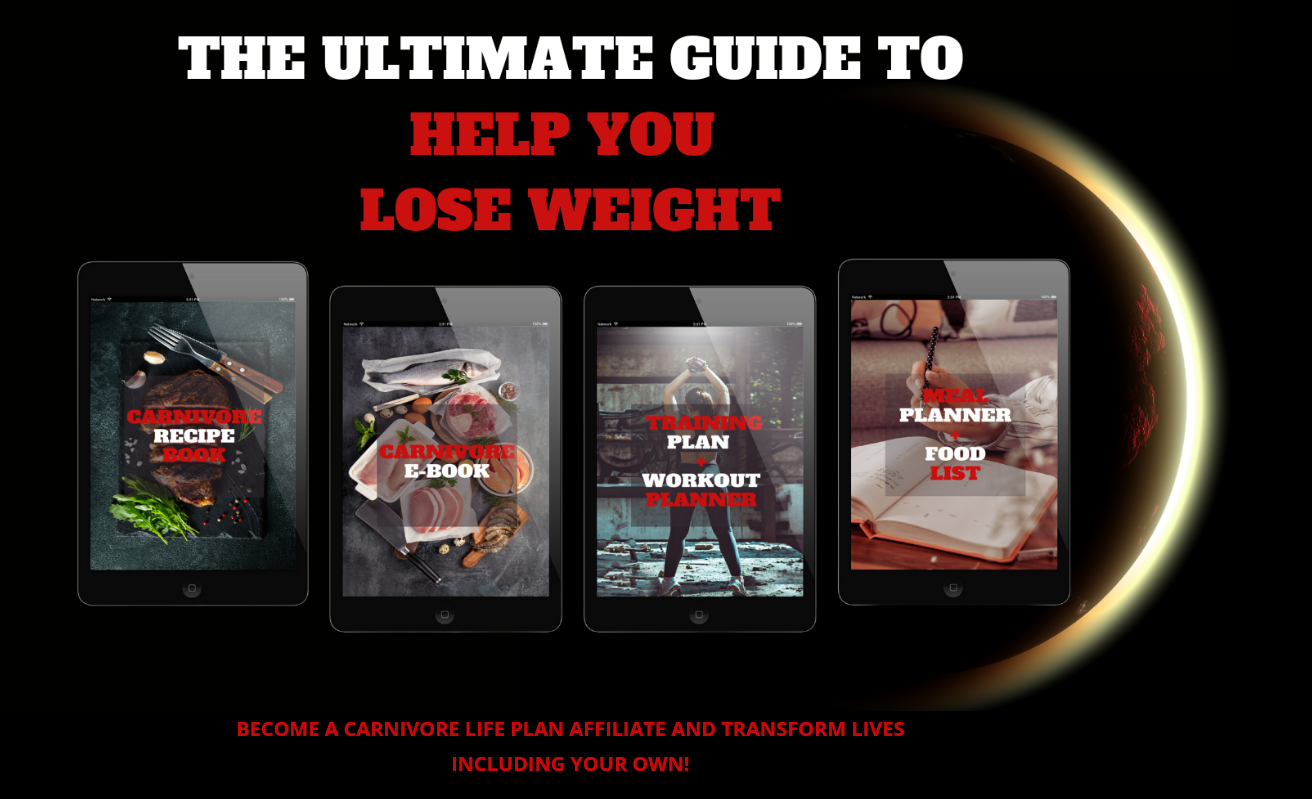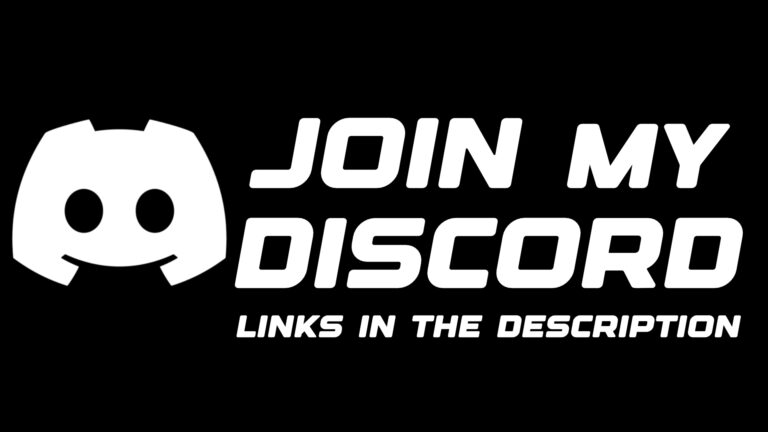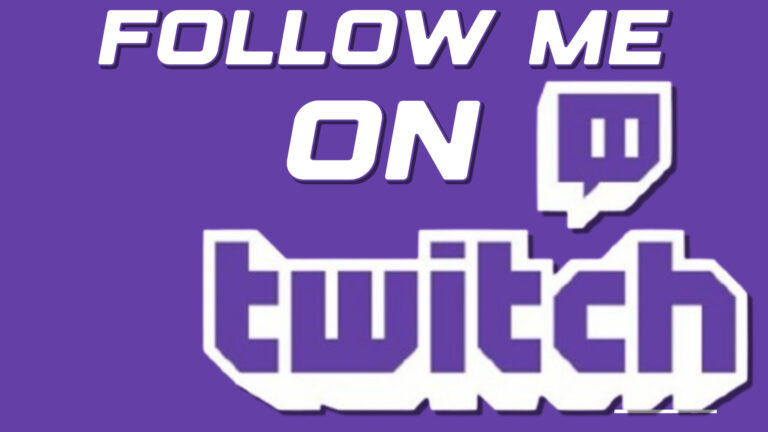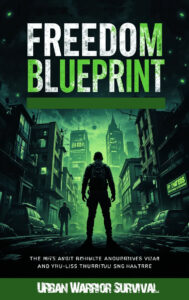

Popular
Top 5 Reasons Relationships in the Western World Are Dead
Decoded: Why Modern Love No Longer Lasts
“Love isn’t dead—but relationships in the Western world might be. Here’s why modern connection is collapsing, and what survival psychology can teach us about it.”
1. Hyper-Individualism Over Tribe
One of the biggest survival traits that carried humans through history was the ability to form tribes. In a tribe, no one survived alone—you had hunters, gatherers, defenders, healers, and builders. Everyone had a role, and together they thrived.
The Western world flipped that script. Now, the cultural message is “You don’t need anyone. Just do you.” On the surface, that sounds empowering. But survival psychology shows us something different: humans who isolate are more vulnerable.
Western culture pushes independence over interdependence. People wear isolation as a badge of honor, even though biologically we’re wired for community.
“Self over tribe” creates mistrust. Instead of building bonds, people expect betrayal and prepare for it.
Relationships become transactional instead of survival bonds. Instead of “we need each other to endure,” the mindset becomes “what can I get from you?”
When a culture celebrates selfishness, bonds weaken. When bonds weaken, relationships collapse.
2. The Illusion of Infinite Choice
In survival terms, scarcity creates value. If there’s only one source of clean water, you guard it. If you only have one ally, you defend them with your life. But in the West, dating apps and social media create the illusion of endless choice.
People now believe there’s always a “better option” one swipe away. This destroys commitment because the survival instinct of “hold onto what you have” gets replaced by “don’t settle, keep shopping.”
Dating apps turn people into profiles instead of human beings.
The belief in “infinite choice” makes people restless. Instead of watering their own garden, they’re always scanning for greener grass.
Commitment feels like “settling” instead of building. Couples give up when challenges come, assuming someone “better” is out there waiting.
In reality, this is a trap. Survival teaches us that loyalty and trust are worth more than novelty. But the West has replaced loyalty with an endless scroll of disposable options.
3. Consumer Mentality in Love
In survival situations, bonds are about necessity and trust. You know who’s watching your back when you sleep. You know who will share their food when you’re starving. But Western relationships have adopted the consumer mentality.
Love is marketed as a product. Jewelry ads, holiday sales, and lifestyle brands sell the feeling of love more than the practice of it.
Relationships are treated like smartphones—upgrade when it gets old, replace when it glitches.
Problems aren’t solved, they’re traded in. Instead of repairing a bond, people discard it.
This mentality is poison to long-term connection. In survival, if your knife chips, you sharpen it. If your shelter leaks, you patch it. Western culture, however, conditions people to throw away the knife and order a new one—often leaving them unarmed when the real storm hits.
Mid-Commercial Break
“Halfway through, let me remind you—survival isn’t just about food and fire. It’s about building bonds that last when the world collapses. If you want to learn how to prepare mentally, physically, and socially, check out my Urban Warrior Survival coaching—link below.”
4. Breakdown of Gender Roles & Expectations
For centuries, tribes and families functioned on clear roles. Men protected and provided. Women nurtured and organized. Whether you agree with traditional roles or not, they offered structure and clarity.
In the modern West, those roles have dissolved. The problem isn’t that they disappeared—the problem is nothing solid replaced them. Now, people don’t know what to expect from each other, and that lack of clarity creates conflict.
Old roles dissolved but no strong new ones have emerged. Instead, confusion reigns.
This confusion creates power struggles. Instead of cooperation, couples compete against each other.
Both men and women feel undervalued and unsupported. Nobody knows their true role in the survival unit, and resentment builds.
Survival psychology is clear: when a tribe doesn’t know who guards the fire, who gathers the food, or who keeps watch, the tribe collapses. The West is living out that collapse in real time.
5. Technology Over Intimacy
Humans need touch, eye contact, and shared hardship to bond deeply. That’s how tribes worked. That’s how soldiers form unbreakable brotherhoods in war. But today, technology has hijacked intimacy.
Social media creates comparison instead of connection. People measure their relationships against highlight reels online.
Digital dopamine—porn, fantasy, parasocial relationships—replaces real bonding. Many no longer seek intimacy because digital substitutes numb their need.
Attention becomes currency, not love. People are chasing likes instead of loyalty.
When technology replaces real intimacy, it weakens the survival instinct to bond deeply. If you can’t trust someone with your heart, how will you trust them with your life?
Relationship Tip
Instead of asking “What can I get?” in a relationship, reframe it as “What can we build together?” Survival psychology teaches that shared goals and cooperation make bonds unbreakable.
“In survival, trust is everything. Without it, tribes collapse, and so do relationships. The Western world forgot this truth—and now love is dying because people no longer fight for the bond, only for themselves.”
Conclusion
Modern relationships in the West aren’t failing by accident—they’re being engineered into weakness. Hyper-individualism, consumerism, and digital distractions erode the survival instinct to form lasting tribes.
But here’s the hope: survival psychology reminds us that humans are resilient. When times get hard, people rediscover the need for tribe, loyalty, and connection. You don’t have to follow the broken Western script—you can choose to build bonds that outlast the chaos.
“Relationships aren’t dead everywhere—only in cultures that put the self above the tribe. If you want to survive and thrive, learn to build bonds the system can’t break.”
VIEW THIS ARTICLE ON YOUTUBE
FOLLOW ON SPOTIFY
ADVERTISEMENT
ADVERTISEMENT
ADVERTISEMENT
ADVERTISEMENT
VISIT ME ON TWITCH!
RELATED POST
Social Networks
- B.Roc Survival Podcast
- Discord
- Patreon
- Youtube
Links List
B.Roc Survival Inc.
All rights reserved
